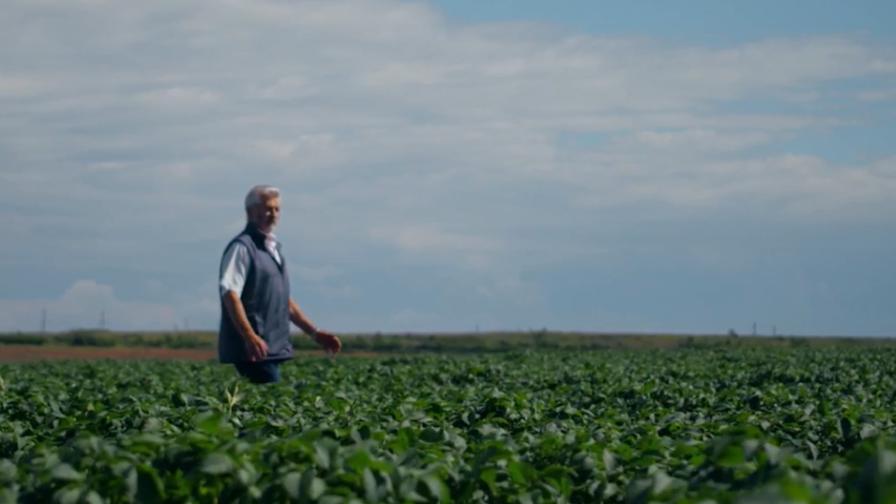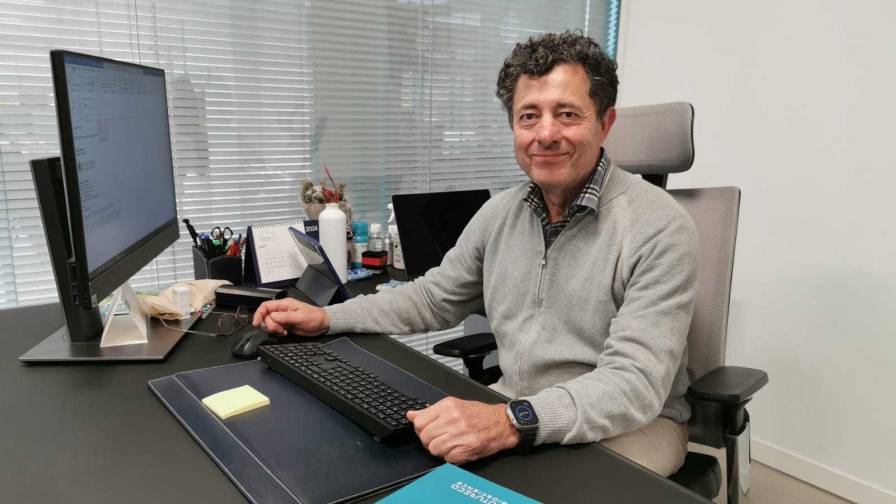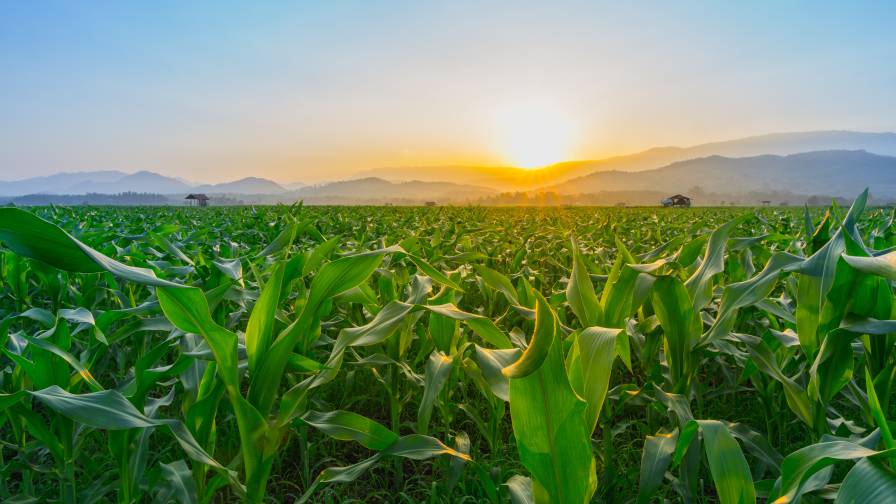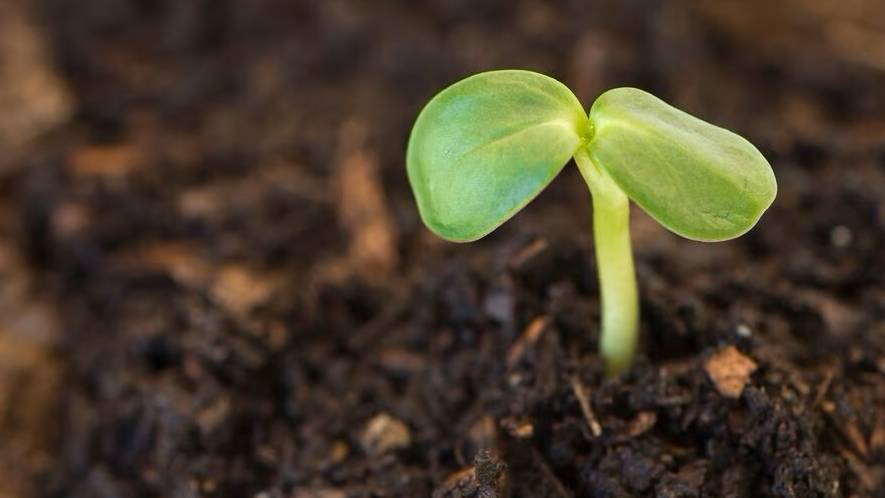Crop Protection Destocking Impacts Syngenta Q1 2024 Results
Syngenta Group today announced financial results for the first quarter of 2024. Sales for the first quarter 2024 were $7.4 billion, down $1.8 billion or 20 percent (-18% at CER), compared to a strong first quarter 2023. First quarter 2024 EBITDA decreased 34 percent (-26% at CER) from prior year to $1.2 billion.
Sales in the first quarter of 2024 continued to be impacted by industry-wide channel destocking in Crop Protection as distributors and retailers further reduced inventories in response to the pressure to lower working capital in the higher interest rate environment.
Given the current market environment, the Group remained focused on measures to improve operational efficiency and productivity to offset lower volumes and prices. EBITDA margin for the Group was 16.7 percent versus 20.2 percent in the first quarter 2023.
Syngenta’s Crop Protection, driver of approximately 40 percent of Syngenta Group’s sales, declined amidst a still challenging crop protection market.
ADAMA also recorded a weaker first quarter compared to Q1 2023 in a challenging environment for suppliers of post patent active ingredients, with the business downturn in Asia Pacific (excluding China) and Europe greatly affecting the comparison.
Syngenta Seeds overall was 8 percent lower than in the first quarter last year but showed strong growth in Vegetables Seeds, Flowers and in China.
Syngenta Group China saw a sales decline of 18 percent versus last year’s record first quarter. Its Seeds business maintained its growth and the branded formulation crop protection business showed further growth on the back of recently launched products. The sales decline was partially offset by a better business mix and cost reductions.
Syngenta Crop Protection
Syngenta Crop Protection sales in the first quarter 2024 fell by 24 percent to $3.2 billion compared with a very strong first quarter 2023.
All regions saw a decline in sales, except China, where sales grew 14 percent, mainly driven by strong momentum in Biologicals, continued outstanding performance of the ADEPIDYN® technology and the launch of TYMIRIUM® technology. North America sales were 44% lower as customers delayed purchasing towards the start of the planting season. Sales in Asia, the Middle East & Africa were 24 percent lower; Europe sales were 28 percent lower. In Latin America, sales were 1 percent lower.
In Q1 2024, Syngenta received the re-registration for 15 years in EU for trinexapac, offering farmers long-lasting growth regulation as well as best storage protection for cereal crops. Generally, in Europe, issues in farmer profitability drove cautious purchasing behavior.
ADAMA
ADAMA sales declined 16 percent to $1.1 billion in the first quarter 2024.
Sales in Europe, Africa and the Middle East were 15 percent lower; Latin America declined 18 percent. North America decreased by 9 percent; Asia Pacific (excluding China) decreased 24 percent; sales in China were 16 percent lower.
In the first quarter of 2024, ADAMA launched an innovative herbicide solution to control glyphosate-tolerant Palmer amaranth in the US states Nebraska and Colorado. The product received an emergency exemption from the US Environmental Protection Agency following the pressing need for a sugar beet herbicide solution.
Syngenta Seeds
First quarter sales of Syngenta Seeds were $1.4 billion, 8 percent lower, with sales and earnings growth in China and Vegetables and Flowers offsetting particularly lower sales in Asia, the Middle East and Africa.
Field crop sales in Europe declined 5 percent; North America fell 7 percent; Brazil Region grew 2 percent, while sales in Latin America North & South were 18 percent lower; Asia, Middle East & Africa decreased 51 percent, while sales in China grew 25 percent. Sales of Vegetable Seeds increased by 10 percent and sales of Flowers were 5 percent higher.
In the first quarter of 2024, Syngenta completed the acquisition of Dafeng Seed in China, greatly enhancing its corn portfolio. In Brazil, Syngenta Seeds Field Crops announced the acceleration of its franchise model, thereby creating a more direct, demand-generating presence in the field with farmers. In Europe, the company launched the first Barley Yellow Dwarf Virus resistant barley hybrid, helping farmers to control the disease without the need for neonic seed treatments.
Syngenta Vegetable Seeds inaugurated an expanded R&D facility in El Ejido, Spain, and a new state-of-the-art Seed Health Lab in Hyderabad, India. These strategic facilities enhance Syngenta’s ability to respond faster to the needs of farmers with innovative, high-quality vegetable seeds. Syngenta Vegetable Seeds also signed an exclusive global licensing partnership with Emerald Seed Company, strengthening Syngenta’s portfolio in onion seeds, one of the most important crops globally.
Syngenta Group China
Syngenta Group China sales were $2.7 billion, 18 percent lower. The robust growth in branded formulations, seeds, and bio-fertilizers was offset by a significant year-on-year price decline and a strategic scaling back of grain trading operations.
Sales of Seeds grew 25 percent. Sales of Branded Formulation were 3 percent higher. Sinofert sales were 4 percent lower. Yangnong Chemical was 32 percent lower. MAP sales declined 8 percent, while the farm service business continued its upward trajectory. Grain trading business sales were 55% lower.
Based on the 2023 TYMIRIUM technology approval in China, the company continued the roll-out of innovative and highly effective nematicides and fungicides containing this ingredient. It offers a soil-applied solution that will provide early protection in a wide range of crops and is compatible with multiple application methods. Sinofert also launched three new bio-fertilizer products with bio-fertilizer sales increasing 19% year-on-year.
Read more at Syngenta.





